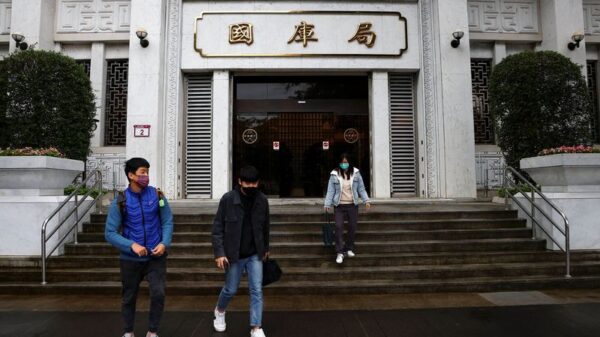Canada’s New Tariffs on Chinese Electric Vehicles
Canada has announced a significant new trade policy, imposing a 100% tariff on imports of electric vehicles (EVs) made in China. This decision comes in the wake of similar actions taken by both the United States and the European Union, highlighting a growing trend among Western nations to address what they perceive as unfair trade practices by China. The Canadian government’s decision marks a bold move in the ongoing global trade tensions surrounding the EV sector.
Tariffs on Steel and Aluminium
In addition to the new tariffs on EVs, Canada is also set to impose a 25% duty on Chinese steel and aluminium imports. These measures are part of a broader strategy to counteract what Canadian officials describe as China’s unfair subsidies to its domestic industries. The Canadian Prime Minister, Justin Trudeau, has criticized China for giving its car manufacturers an advantage in the global marketplace, further exacerbating the trade disputes.
China’s Reaction to the Tariffs
China has strongly condemned Canada’s tariff decisions, labeling them as “trade protectionism” and arguing that they violate World Trade Organization (WTO) rules. A spokesperson for the Chinese Commerce Ministry has stated that these actions undermine the global economic system and called on Canada to “immediately correct its erroneous practices.” This reaction reflects the tense nature of trade relations between the two nations, which have been strained by ongoing disputes and differing economic strategies.
Implementation Timelines
The new tariffs will come into effect in stages, with the 100% tariff on Chinese EVs scheduled to start on October 1st. The 25% duties on steel and aluminium will follow, beginning on October 15th. This phased implementation gives businesses time to adjust, but it also intensifies the pressure on Canadian and Chinese companies alike to navigate the changing trade environment.
Impact on Chinese EV Makers and Tesla
One immediate impact of Canada’s decision is on Chinese electric vehicle manufacturers, including prominent companies like Tesla. Tesla, which operates a significant production facility in Shanghai, will be directly affected by the new tariffs. Mark Rainford, a car industry commentator based in China, suggests that Tesla may seek to negotiate with the Canadian government for tariff relief or consider shifting its Canadian imports to its US or European factories. Tesla’s strategic decisions will be crucial in determining how it adapts to these new trade barriers.
EU and US Actions Influence Canadian Policy
Canada’s decision aligns with similar moves by the United States and the European Union. In May, the US announced it would quadruple its tariffs on Chinese EV imports to 100%, while the EU revealed plans to impose duties of up to 36.3% on China-made EVs. These coordinated actions reflect a broader Western strategy to address competitive imbalances in the EV market and challenge China’s dominance in this rapidly growing sector.
China’s Growing Influence in the Global EV Market
China’s dominance in the global electric vehicle market is a significant factor driving these trade disputes. As the world’s largest manufacturer of EVs, China’s car makers have quickly gained substantial market share internationally. Despite this, Chinese car brands remain relatively uncommon in Canada, though companies like BYD have begun efforts to establish a presence in the Canadian market.
Canada’s Strategic Position in the Global EV Industry
In response to these challenges, Canada has been actively pursuing deals with major European car manufacturers, aiming to position itself as a key player in the global EV industry. These strategic partnerships are part of Canada’s broader goal to become a significant hub for electric vehicle production and innovation, leveraging its resources and geographic advantages to attract global investment and talent.
Overall, Canada’s new tariffs on Chinese EVs and metals represent a critical development in the ongoing global trade dynamics, reflecting the intensifying competition and strategic maneuvering among major economic powers in the rapidly evolving automotive sector.




































